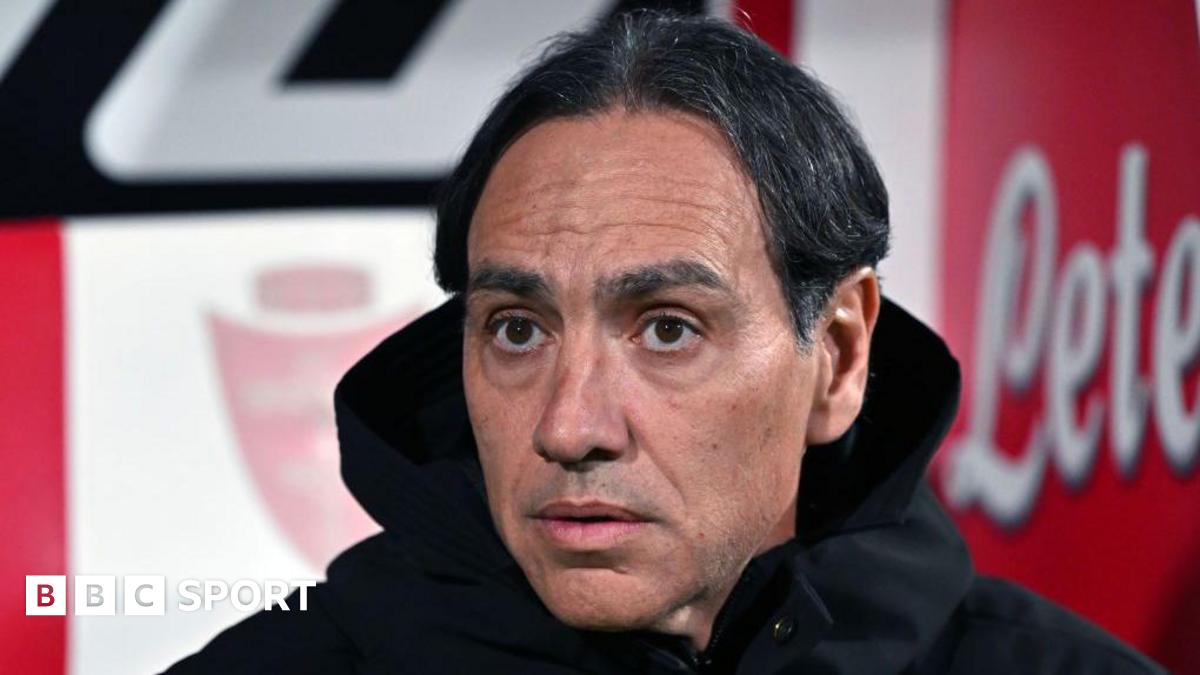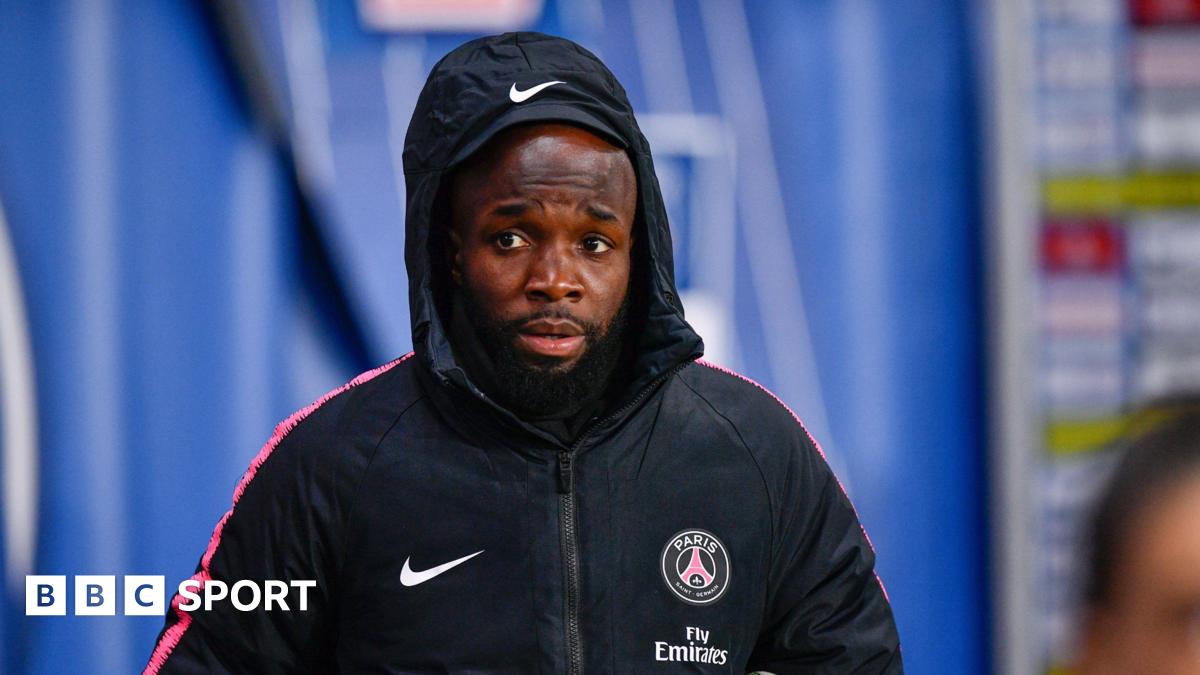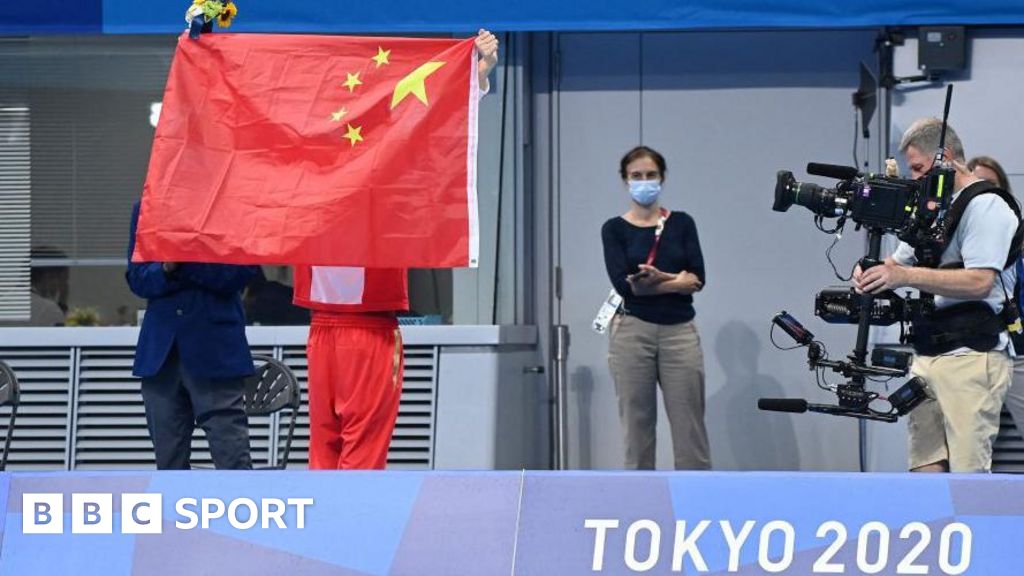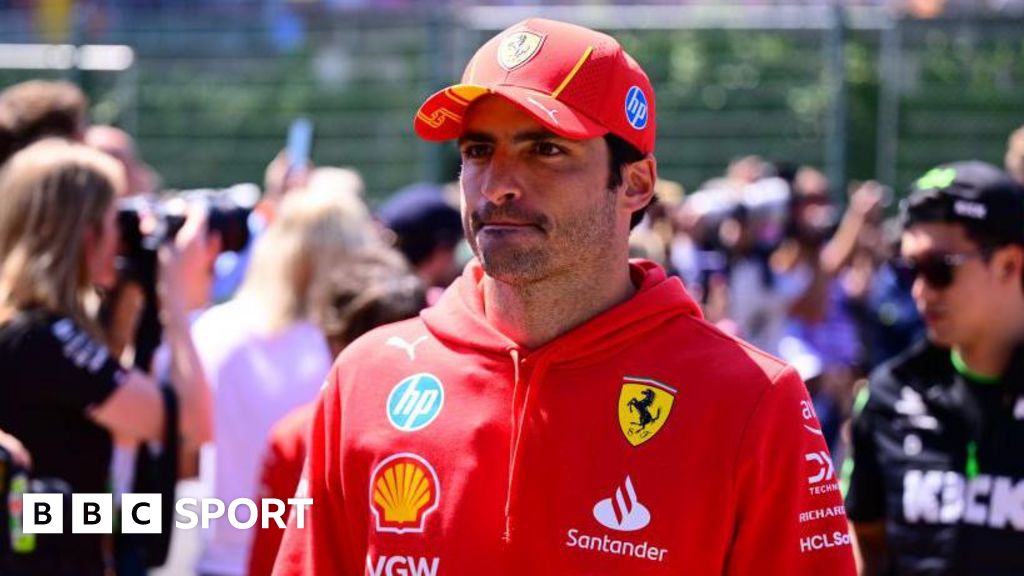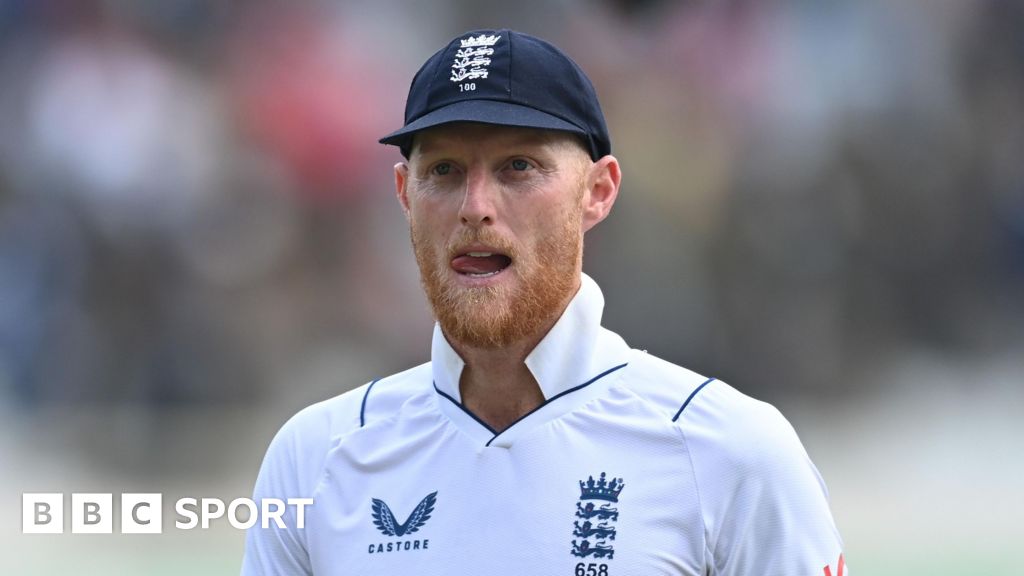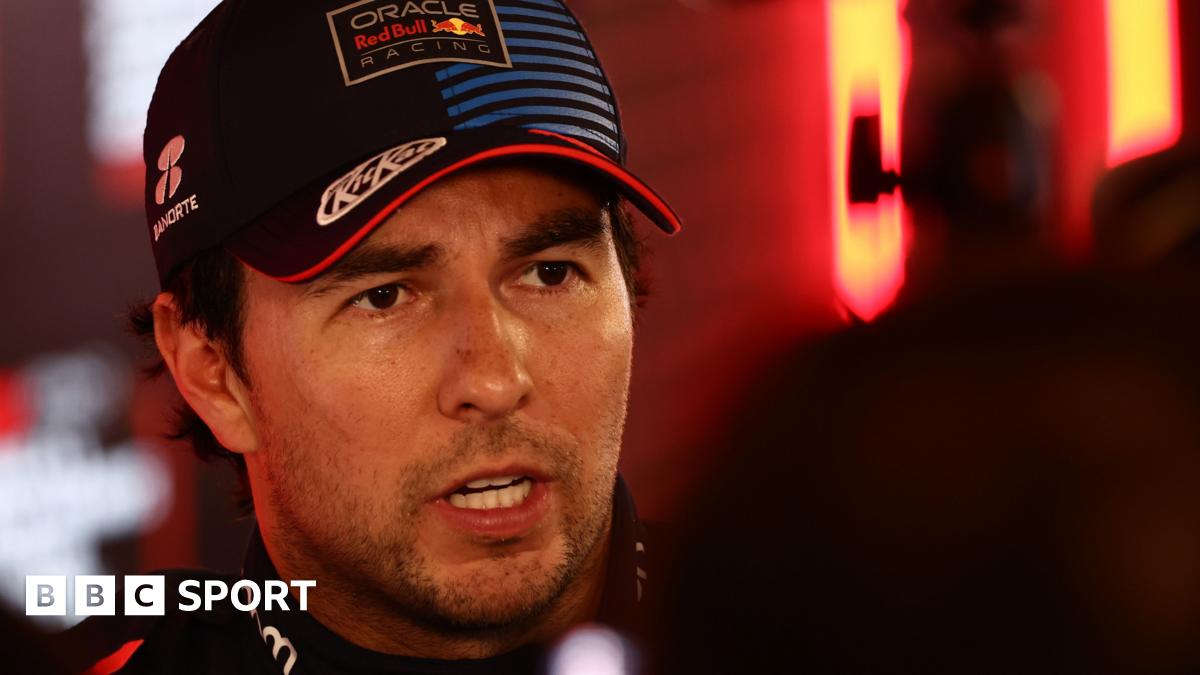The details first emerged in the New York Times,, external which shared reporting with German broadcaster ARD.
The World Anti-Doping Agency (Wada) confirmed to the BBC it was informed of China Anti-Doping Agency’s (Chinada) decision not to punish the swimmers in June 2021.
Chinada’s report said the swimmers that tested positive were staying at the same hotel and traces of TMZ were found in the kitchen, the extraction unit above the hall and drainage units.
Wada said it was “not in a position to disprove the possibility that contamination was the source of TMZ” and no appeal of Chinada’s decision was made.
China’s 30-member swimming team won six medals at the Tokyo Olympics, including three golds.
United States Anti-Doping Agency (Usada) chief executive Travis Tygart said Wada and Chinada had “swept these positives under the carpet” – claims Wada described as “completely false and defamatory” while adding that it had referred the comments to its lawyers.
“Aquatics GB believes that every athlete is entitled to compete on a level playing field – and that means a commitment to clean sport,” Aquatics GB said.
“Delivery against this commitment requires a testing process that is robust, transparent and consistently applied.
“As we build towards Paris 2024 we are fully supportive of the consistent and comprehensive testing process that our athletes have to follow as a means of keeping sport clean.”
Usada continued its row with Wada on Tuesday, calling for an overhaul of the body and accusing it of a “stab in the back to clean athletes”.
“Given we are on the eve of the 2024 Summer Paris Olympic and Paralympic Games, athletes and the public desperately need and deserve confidence in the global anti-doping system headed into these Games,” Usada added.
“An immediate first step to repairing the damage of this cover-up is for governments to appoint an independent prosecutor to review the entire case file of the 23 positive tests and ensure that justice is delivered in these cases.”

